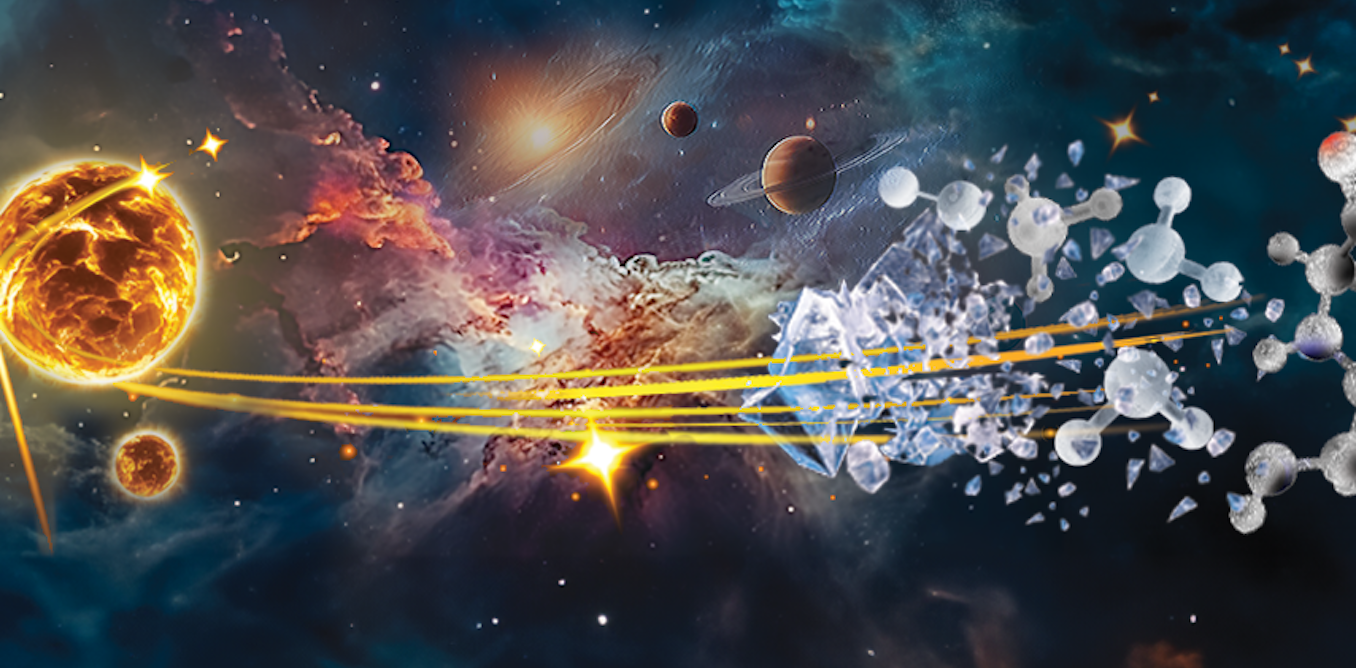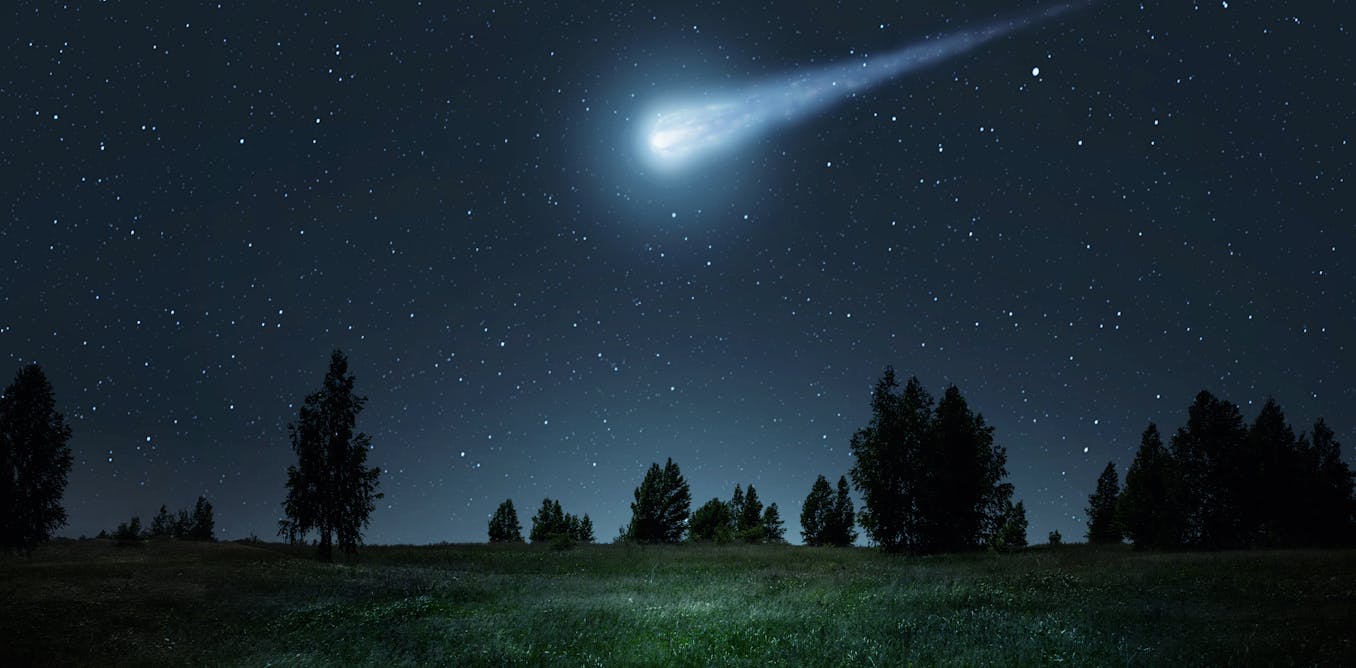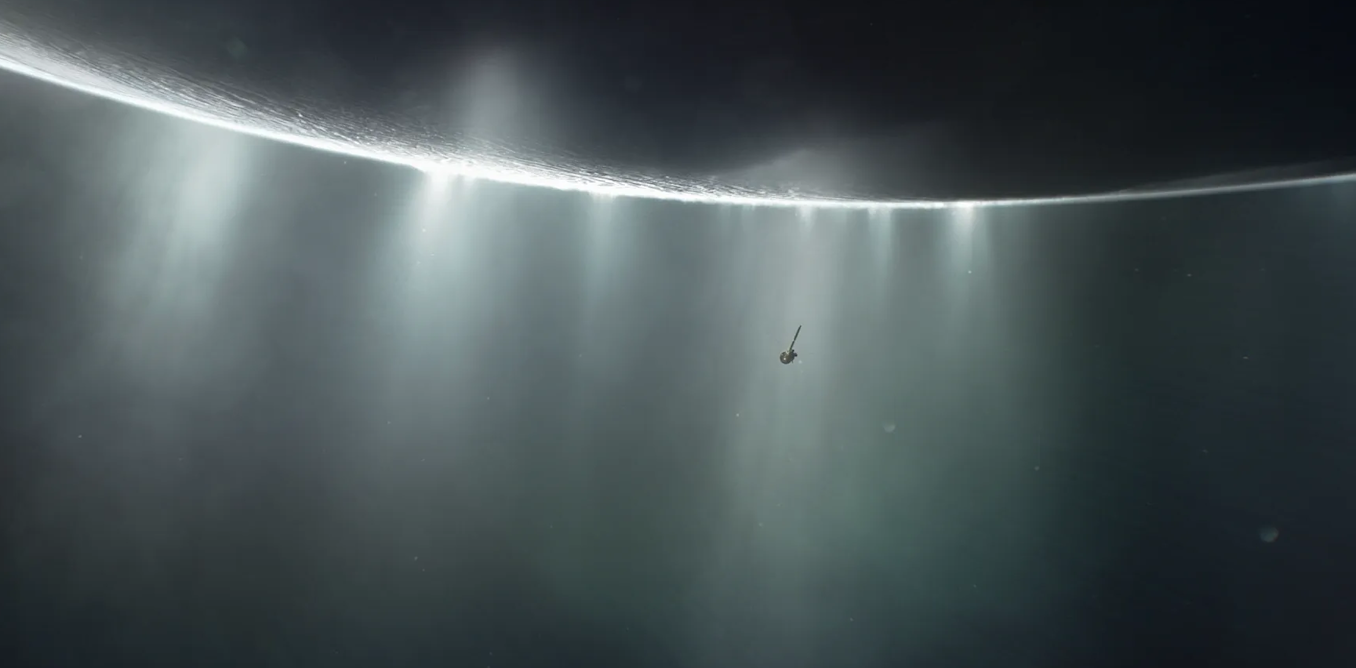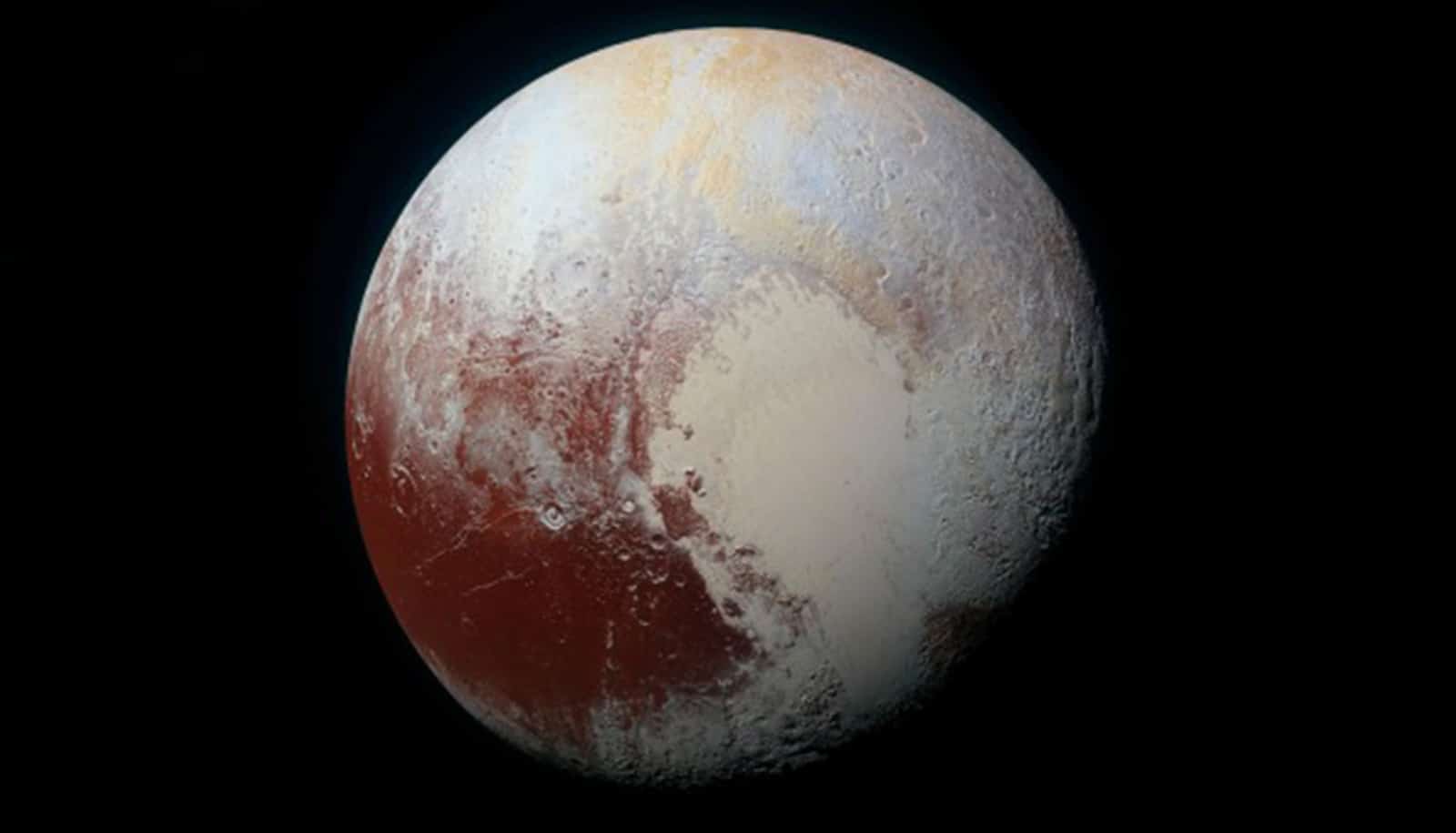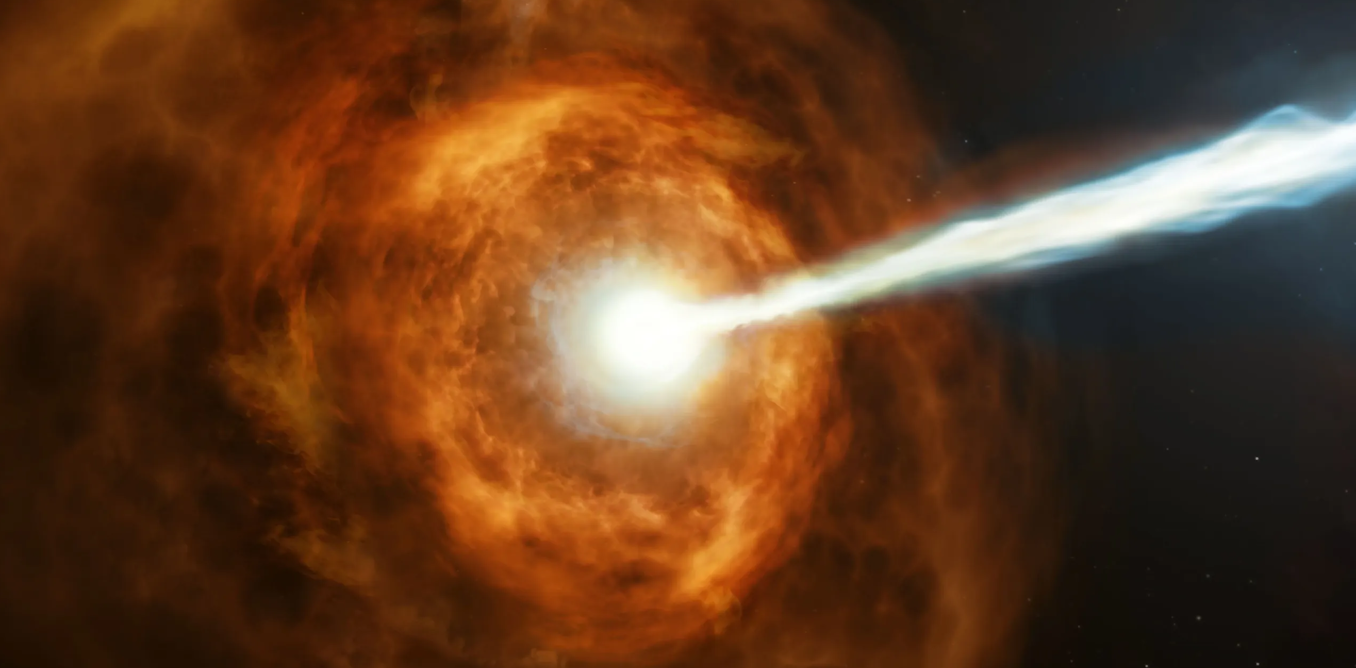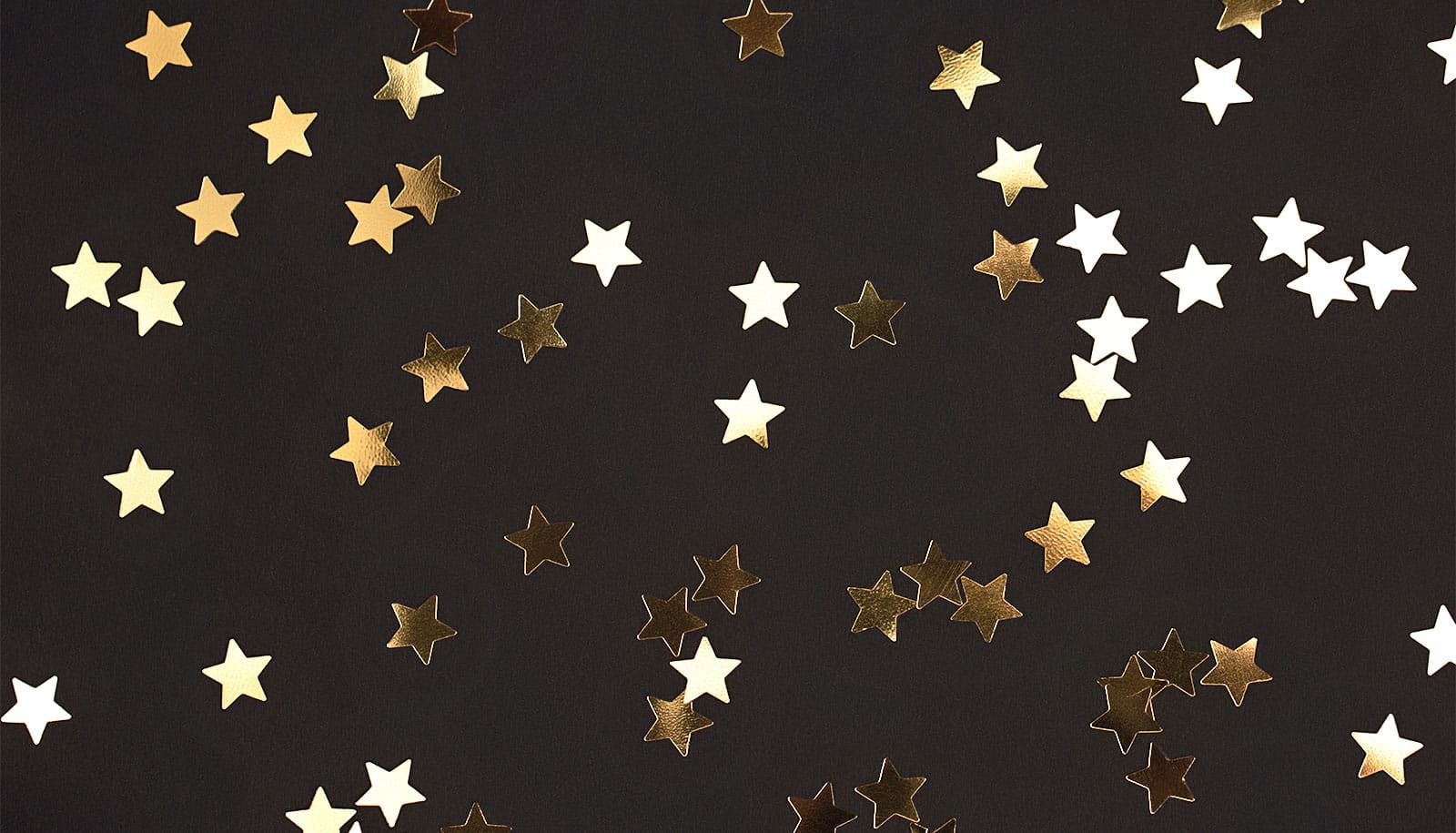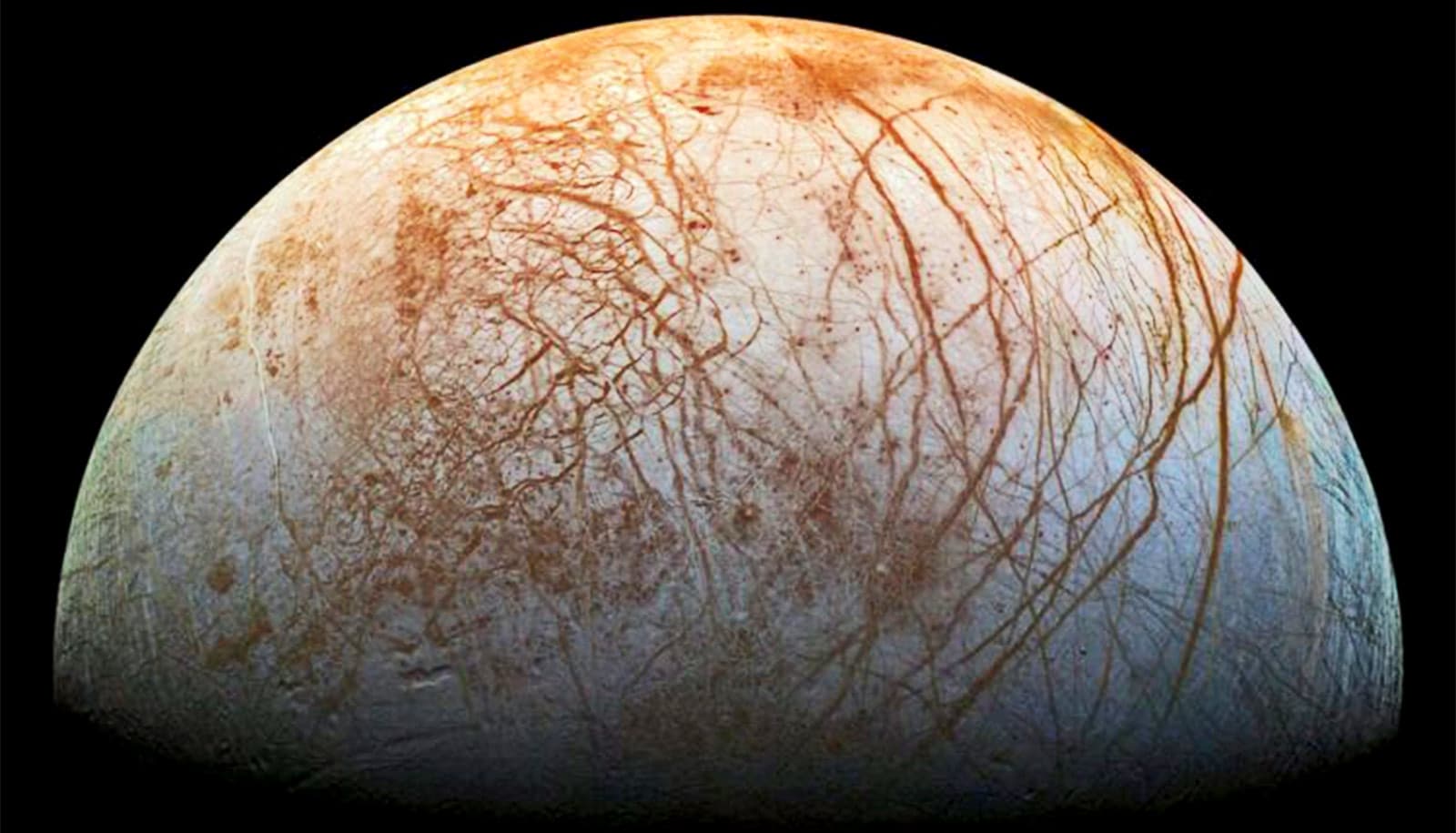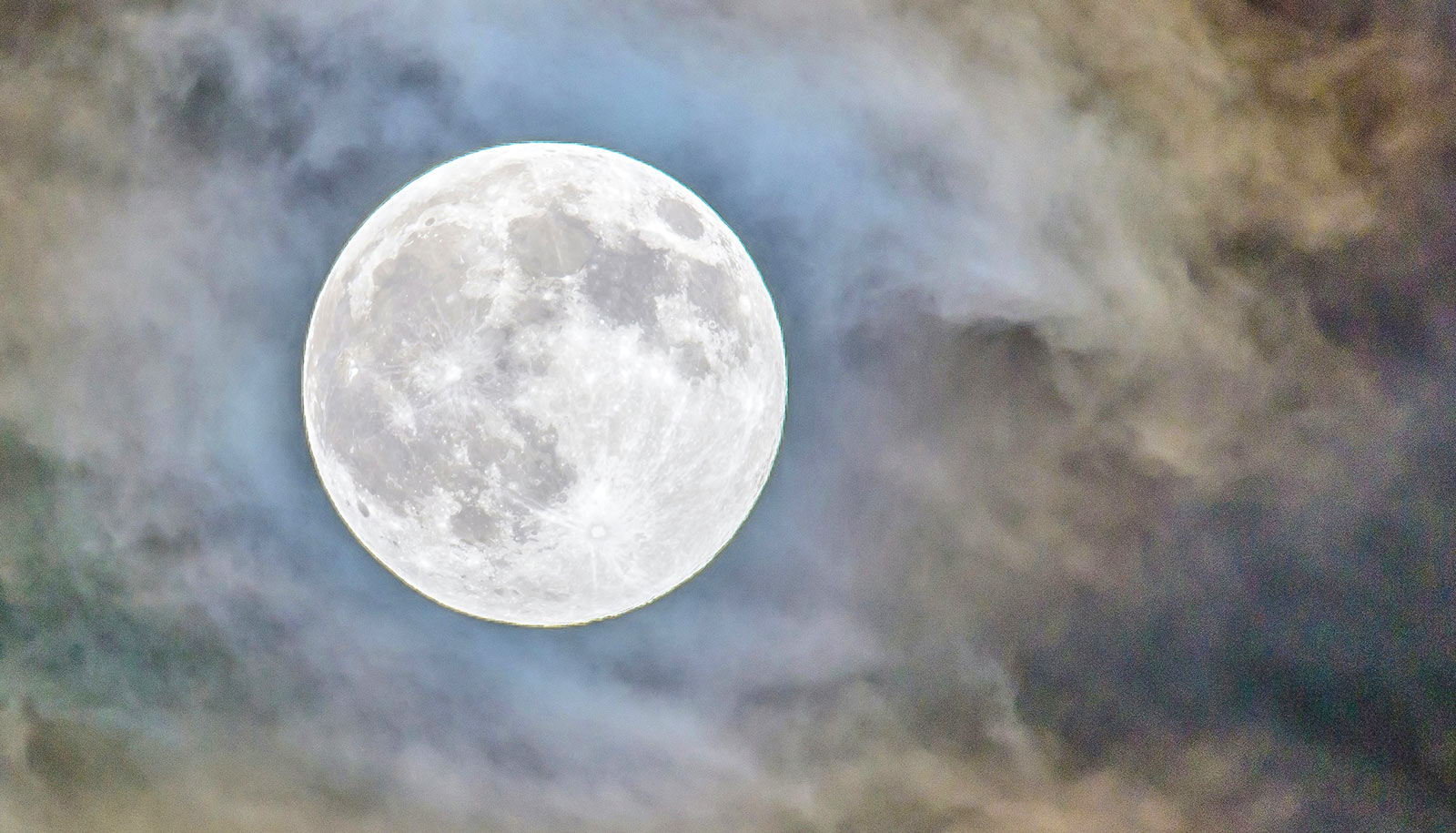The rising flood of space junk is a risk to us on Earth – and governments are on the hook
The amount of space junk will increase as we continue to launch objects into space, but there are ways to curb damage on the ground.
Thomas Cheney, Vice Chancellors Research Fellow, Northumbria Law School, Northumbria University, Newcastle •
conversation
April 17, 2024 • ~6 min
April 17, 2024 • ~6 min
Saturn’s ocean moon Enceladus is able to support life − my research team is working out how to detect extraterrestrial cells there
Saturn’s moon Enceladus has geysers shooting tiny grains of ice into space. These grains could hold traces of life − but researchers need the right tools to tell.
Fabian Klenner, Postdoctoral Scholar in Earth and Space Sciences, University of Washington •
conversation
April 17, 2024 • ~8 min
April 17, 2024 • ~8 min
Exploding stars send out powerful bursts of energy − I’m leading a citizen scientist project to classify and learn about these bright flashes
Where specialized algorithms fail to classify star-borne pulses, human volunteers with just a little training can step in.
Amy Lien, Assistant Professor of Physics, University of Tampa •
conversation
April 16, 2024 • ~7 min
April 16, 2024 • ~7 min
Could a telescope ever see the beginning of time? An astronomer explains
Now out in space for more than two years, the James Webb Space Telescope is a stunningly sophisticated instrument.
Adi Foord, Assistant Professor of Astronomy and Astrophysics, University of Maryland, Baltimore County •
conversation
April 8, 2024 • ~9 min
April 8, 2024 • ~9 min
/
109

